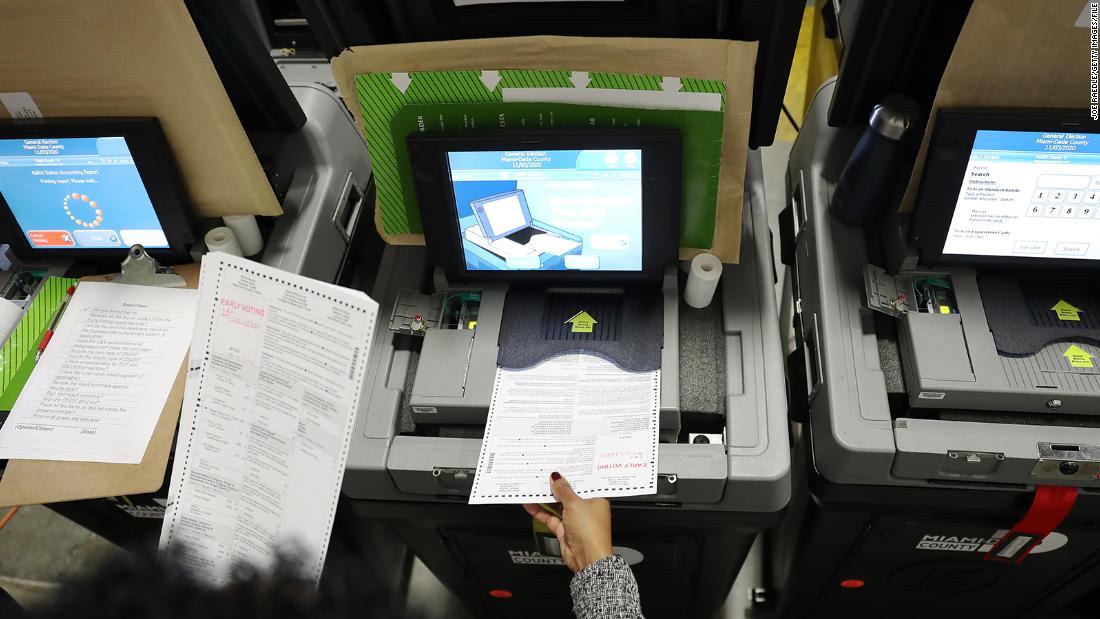That’s because our conscious mind is a limited tool for decision-making, in large part because it has limited “space.” Try remembering nine items you need at the store: Voters can’t possibly keep in mind every issue they care about as they cast their ballots for multiple candidates and propositions.
And how do you weigh what you feel every time you reach for a gallon of milk against what you feel about the Supreme Court’s controversial decision to overturn Roe v. Wade after a half-century, or how safe you feel sending your kids back to school this month?
As in most decision-making, much of what drives us is unconscious and emotional. Voters form associations between what they feel and what is happening around them. They “calculate” the costs and benefits of what matters to them — their interests and values — largely outside of their awareness, often in the form of “gut feelings” toward a candidate or party.
The same is true of the provisions of the landmark Inflation Reduction Act, which Biden is expected to sign into law in the coming days. It cuts the cost of prescription drugs and helps make health care more affordable for millions of Americans.
Successful political campaigns are all about associations and emotions. This year, Republicans have the easier task: Every time voters go to the grocery store, they feel the sting of inflation. It’s like an unpaid ad against their opponents. So expect ads showing every Democratic candidate beside a cardboard cutout of Biden. Democrats are already waffling when asked whether they will support Biden in 2024. Perhaps July’s downtick in inflation and the drop in gas prices will register before the midterm elections, or perhaps not. Associations change much more slowly than conscious beliefs.
One thing is certain, though: Democrats can’t hide from economics in November, and they can’t hide their association with the President. Nor should they. But if they offer voters a laundry list of accomplishments rather than an emotionally compelling story about where the two parties plan to take the country, Republicans will take them to the cleaners in the House of Representatives, where the Democratic majority is razor thin, and in statewide races.
Democrats can use their accomplishments to blunt voters’ economic anxiety and begin to restore hope — two of the most important emotions that drive voting. Aside from its popular provisions, the Inflation Reduction Act — if Democrats can restrain themselves from calling it “the reconciliation bill,” or a resorting to a “catchy” acronym like “IRA22” — is an emotionally evocative name that connects the dots to voters’ primary source of anxiety.
It also allows Democrats to put their opponents on the defensive by simply asking, “So why are you against reducing inflation? Most of the people we represent are pretty concerned about it.”
The referendum on abortion rights in Kansas also changed the emotional equation, as voters in the heart of red America unequivocally told politicians to get out of their personal lives. Their rebuke of the central Republican agenda and fund-raising issue of the last 30-odd years presents not just a short-term but a long-term problem for the GOP.
Democrats also need voters to worry about GOP leaders who repeatedly pledge allegiance to Donald Trump and Republican nominees for statewide offices all over the country who have just won their primaries by denying that Biden was elected President in 2020 and insisting they will not certify any election results in 2024 that don’t pick their chosen candidate.
How voters will combine all of these feelings at the ballot box is anyone’s guess, and the polls may be an imperfect guide. Voters can’t consciously report what they are unconsciously thinking and feeling. But if Democrats want to break the historical curse of first-term presidents in the midterms and the equally powerful curse of inflation, they will need to go for the gut.









More News
Russia Strikes Ukraine’s Railways and Vows to Slow Arrival of U.S. Aid
Number of Trump Allies Facing Election Interference Charges Keeps Growing
Stubborn Inflation Could Prod Fed to Keep Rates High for Longer